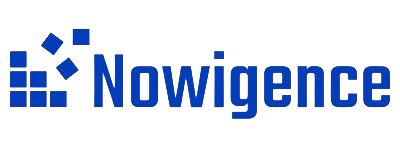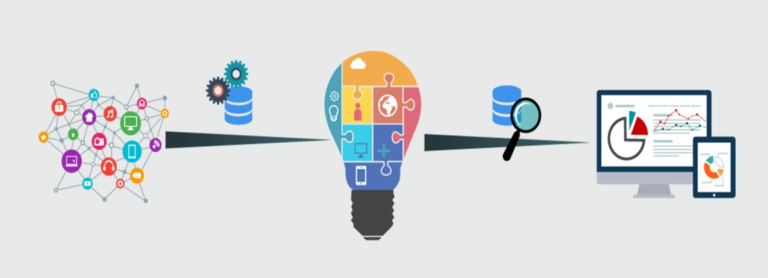Having infinite access to something is an invitation to the exploitation of the user in the long term. The same is the case between information and a human. Information overload is something that we all are facing in our daily lives and solving the same seems to be impossible.
There needs to be an optimum for information accessibility and a limited usage time. Regarding this, a study by Harvard Business Review revealed that 85% of computer users say that they carry their laptops on a vacation. Well, this might seem comical at first but portrays human addiction with continuous information availability.
Although we live in an “Information” oriented era which is responsible for fast-paced human development, it has few areas to consider while dealing with it every day.
Read on to know about information overload and ways to deal with it.
What is Information Overload?
Image source: here
Real-time communications and Internet accessibility made information commonly accessible across peers. From unwanted breaking news to office gossip; everything creates a space in a person’s mind that lowers the space for crucial things.
This overconsumption of unsolicited forced as well as useless information altogether overloads the brain unconsciously. A study in 2021 revealed that 2.5 quintillion bytes of information are created every day on the internet. Just as a computer hangs up due to the overloading of data all at once, similarly, a human brain can have serious consequences due to continuing information overload.
As a consequence, one cannot segregate between important information and useless information. In a way, focusing on a crucial matter is dodged and irrelevant stuff takes up more time and resources. At last, the efficiency and productivity of the user drop considerably.
Impact of Information Overloading
Image source: here
To learn about how to avoid Information overloading, let’s first understand the impact of information overloading.
Declining Focus:
Having a lot of things to ponder upon simultaneously can reduce the focus while dealing with a single process. Our mind is often in a hurry to jump on to the next piece of information rather than focusing on the current one. As a result, our inferior emphasis on a current task impacts the quality of work. All in all, information overload heavily impacts our focus in long run.
Reduced Productivity:
A data dump can take up a lot of time and effort to segregate relevant and useful data. This can create-
- Mental fatigue
- Time constraints on actually processing the important information.
- Decreased attention span due to long hours of unnecessary work
As a result, effective productivity has declined due to unwanted information.
Mental mess and Constant confusion:
Excess of irrelevant information makes one confused and overwhelmed at the same time. It becomes difficult to pick one source amongst many. A constant state of confusion prevails when there is contrasting information from an unauthorized source due to the overloading of information. Such a situation impedes the decision-making process and makes it more complex.
Ineffective communication:
Plenty of information becomes a barrier to communication at the workplace. Since formal communication needs to be free of fluff and to-the-point matters, overloaded information makes communication between various levels a tedious process.
Degrading user experience:
Designers and developers need to be extra cautious when designing any website or product. The availability of options makes it uneasy for the user to slide through the product. Hence, keeping it minimal and to the point is more user appreciated. An overload of information on the application can repudiate the User Interface (UI) and affect the overall user experience.
How to deal with Information Overload
Prioritize your sources:
The saying “less is more” was meant for use when you deal with an abundance of information. Choose a few sources which are authentic and trustworthy by avoiding information overloading. This will pace up the process of your research along with a detailed understanding.
Use the elimination method:
Not everything deserves your attention, so choose to prioritize your sources and tasks by eliminating what’s not important. This will help in creating some space in your life to focus on what’s actually crucial.
Schedule routine:
Knowing what to do in a series of events every day saves a lot of time with respect to information overloading at work. Thus, setting a routine with respect to social media usage and other interactions can help in reducing the input that’s been entered unconsciously into your brain.
Have a break:
A hack that’s highly underrated in recent times is taking a break while switching two tasks or after a long session of research or brainstorming. This can help considerably in processing the information by giving your brain a chance to rest. As a conscious practice, taking frequent breaks can increase productivity and efficiency in the long run.
The Bottom Line
While these strategies can surely help you in maintaining a balance between consuming content and processing it, there’s an even more convenient tool that can help you with this instantly. Nowigence Inc has come up with a tool called Pluaris which is a perfect aid to all the information overload miseries.
As a “Personal Knowledge Management” tool, Pluaris does all the boring job of crawling through all the data on the internet and extracting the most relevant information from it. Its USP is the precise information that it extracts by analyzing different perspectives and discovering authentic sources. Its organized and nested notes prepared after analyzing relevant content 24/7 will make sure that you’re not being information overloaded.


